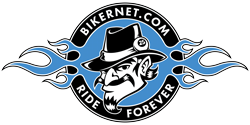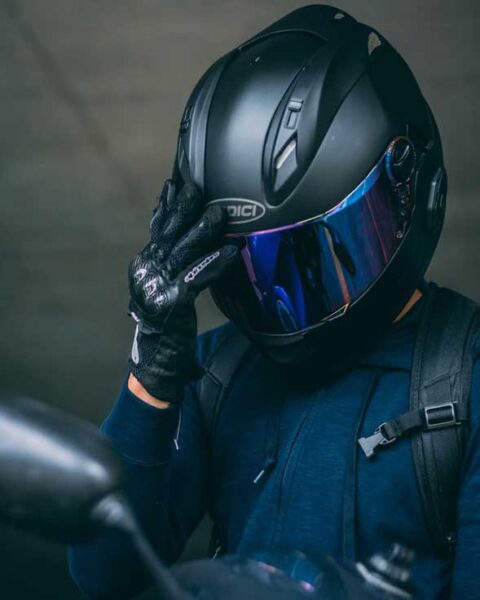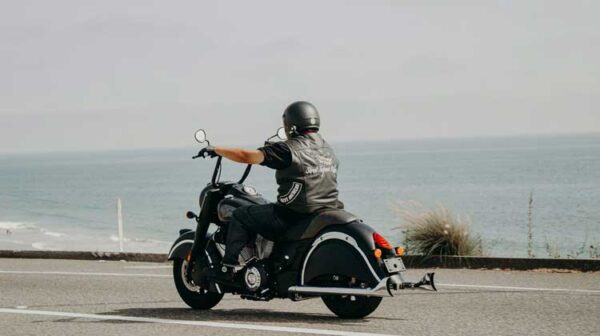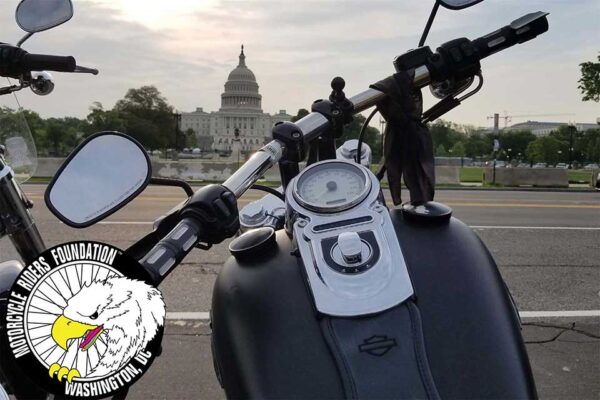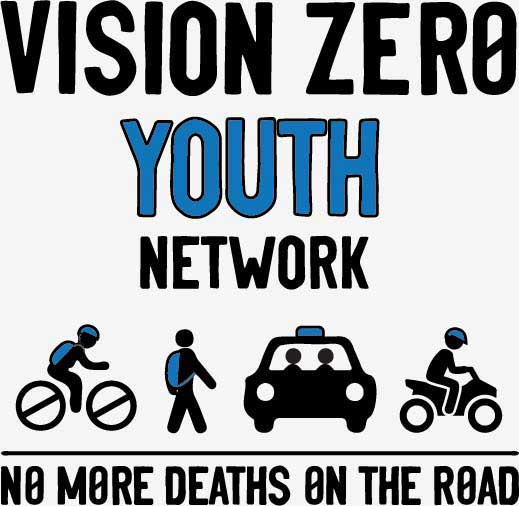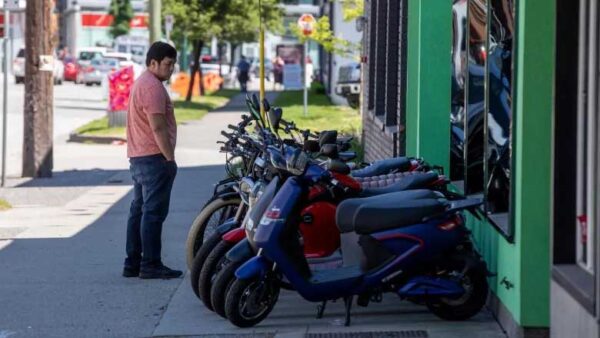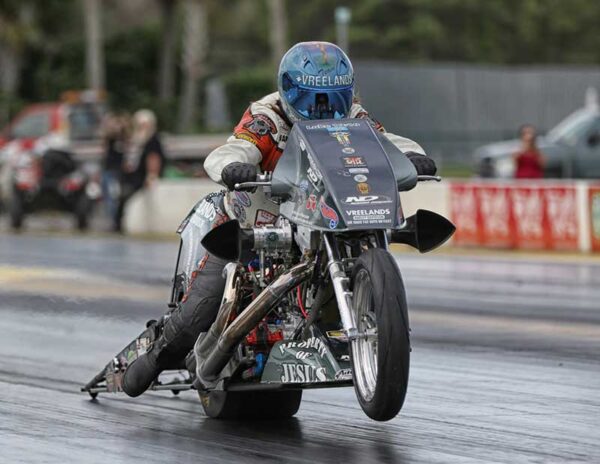Fact or Fiction – Helmet Use
from Motorcycle Riders Foundation at http://mrf.org/ On a nearly annual basis the media in this country is inspired to report stories about motorcycle fatalities on our nation’s roadways. Invariably, these stories paint motorcycle rider deaths as a product of irresponsible riders who live in states that have some level of helmet choice. Frequently they report statistics that prove their narrative but fail to paint a full and complete picture. The lens with which these stories are reported often takes the naïve view that crashes can be made “safer” if only bikers somehow followed government helmet mandates. The only true solution to motorcycle safety and reducing fatalities are proactive measures, which prevent a collision from occurring at all, rather than reactive steps that may or may not offer some level of injury mitigation only after a crash has already taken place. Rider education, which prepares motorcyclists to interact with other roadway users by learning and practicing the skills necessary for hazard avoidance and developing a strategy to deal with real world traffic, is the primary component of a comprehensive motorcycle safety plan. Additionally, educating all motor vehicle operators to be alert and free of impairment as they share the road with others is critical in deterring crashes caused by inattention. When coming across these stories keep in mind some facts that are omitted from their reports. Fact: Over the last decade motorcycle related deaths have varied between years but for the most part remain flat. The National Highway Traffic Safety Administration (NHTSA) data from 2019 shows 5,014 deaths, a decrease from the 2008 5,307 deaths NTSHA recorded. In that same time period registered motorcycles increased from 7.7 million in 2008 to 8.7 million ten years later. In other words, there are a million more bikes on the road and there were […]
Fact or Fiction – Helmet Use Read More »
